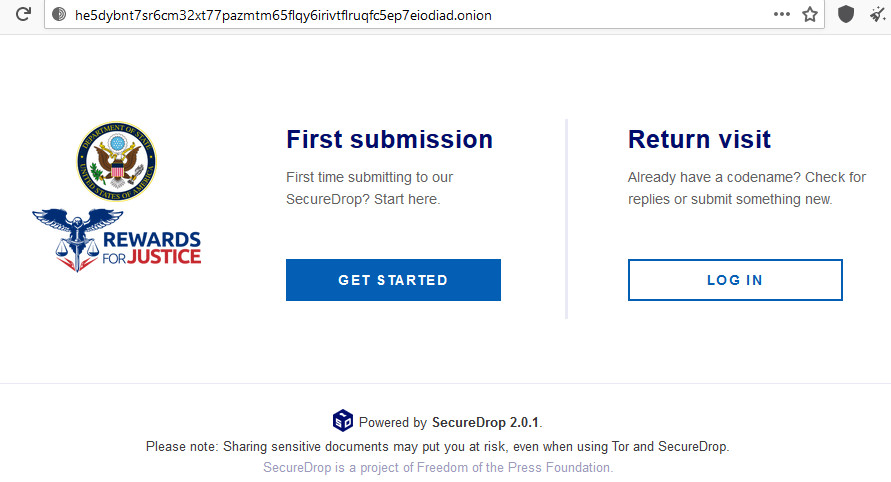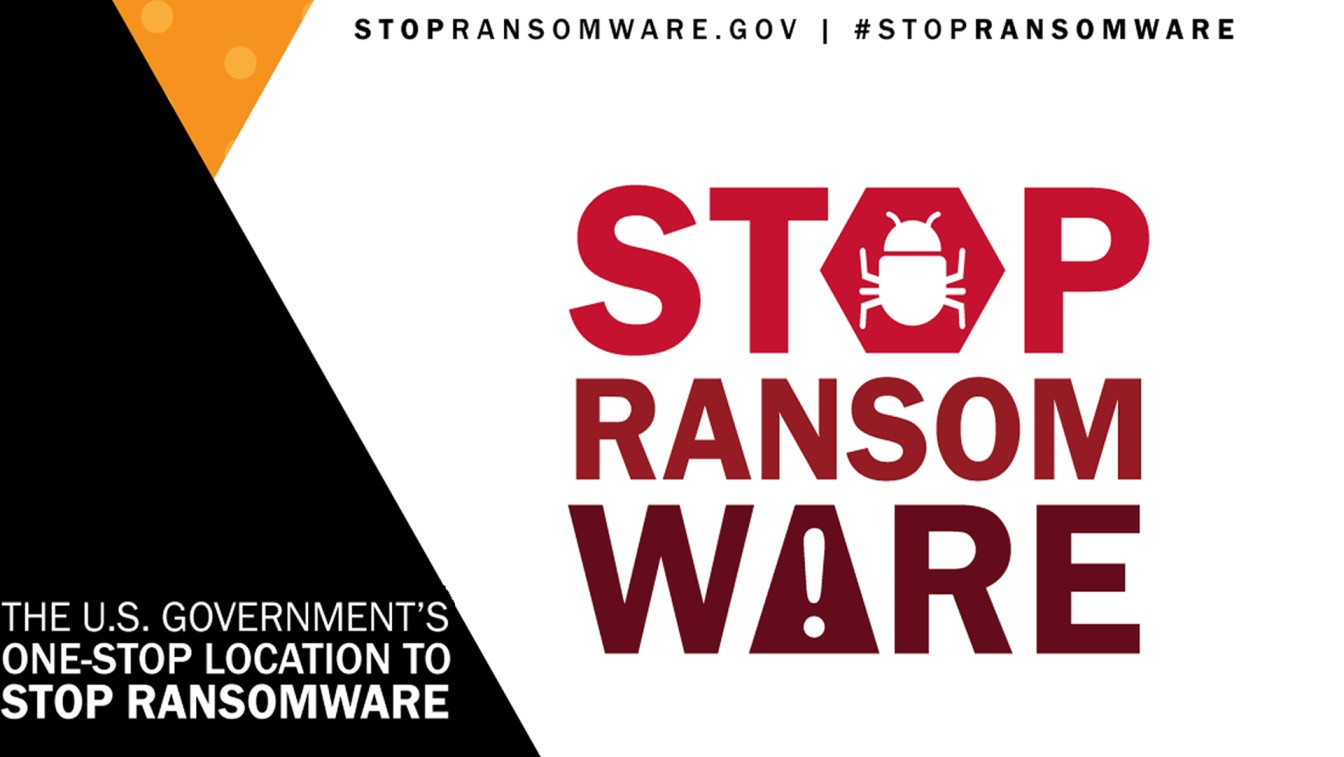US government is offering 10 million USD for any TIP on nation state hackers. The United States government has taken two more active measures to fight and defend against malicious cyber activities against country’s business and critical infrastructure sectors.
One initiative is a website with resources from across the federal government designed to help businesses and communities from ransomware attacks.
The other is offering a reward of up to $10 million for information on operations conducted by actors working for a foreign government.
Addressing ransomware threat
The U.S. Government launched the StopRansomware.gov website specifically to help private and public entities mitigate the ransomware threat
It is meant as a central platform for information about ransomware gathered from all federal government agencies, which includes the guidance, the latest alerts, updates, and resources.
“StopRansomware.gov includes resources and content from DHS’s Cybersecurity and Infrastructure Security Agency (CISA) and the U.S. Secret Service, the Department of Justice’s Federal Bureau of Investigation (FBI), the Department of Commerce’s National Institute of Standards and Technology (NIST), and the Departments of the Treasury and Health and Human Services” – U.S. Department of Homeland Security
The ransomware threat has grown to unprecedent levels lately, with attacks on critical infrastructure and businesses that rippled to the regular individual.
Tracing nation-state hackers
On Thursday, the U.S. Department of State announced that its Rewards for Justice (RFJ) program now incentivize reports of foreign malicious activity against U.S. critical infrastructure.
The reward is up to $10 million and it is intended for details that can help identify and locate any person that acts on behalf of a foreign government in malicious cyber operations.
The actions may include extortion as part of a ransomware attack, stealing information from protected systems, “and knowingly causing the transmission of a program, information, code, or command, and as a result of such conduct, intentionally causing damage without authorization to a protected computer.”
“Protected computers include not only U.S. government and financial institution computer systems, but also those used in or affecting interstate or foreign commerce or communication” – U.S. Department of State
The payment may be enough to encourage hackers involved in attacks affecting critical infrastructure in the U.S. to turn on each other and get a legal, stress-free payout.
To receive the information in a secure fashion and to protect the safety of potential sources, the Department of State set up a tips-reporting service on the dark web:
http://he5dybnt7sr6cm32xt77pazmtm65flqy6irivtflruqfc5ep7eiodiad.onion [access through Tor browser]For this purpose, RFJ is using the SecureDrop platform that is typically used by journalists for secure communication with their sources and to protect their identity by using random codes instead of usernames.

Additionally, payments through the RFJ program may also be in cryptocurrency, which can help tipsters maintain their anonymity and receive the reward.
The RFJ program started in 1984 and has paid more than $200 million to over 100 individuals offering information that helped in the fight against terrorism (prevent terrorist acts, bring terrorists to justice) and deal with threats against the U.S. national security.
